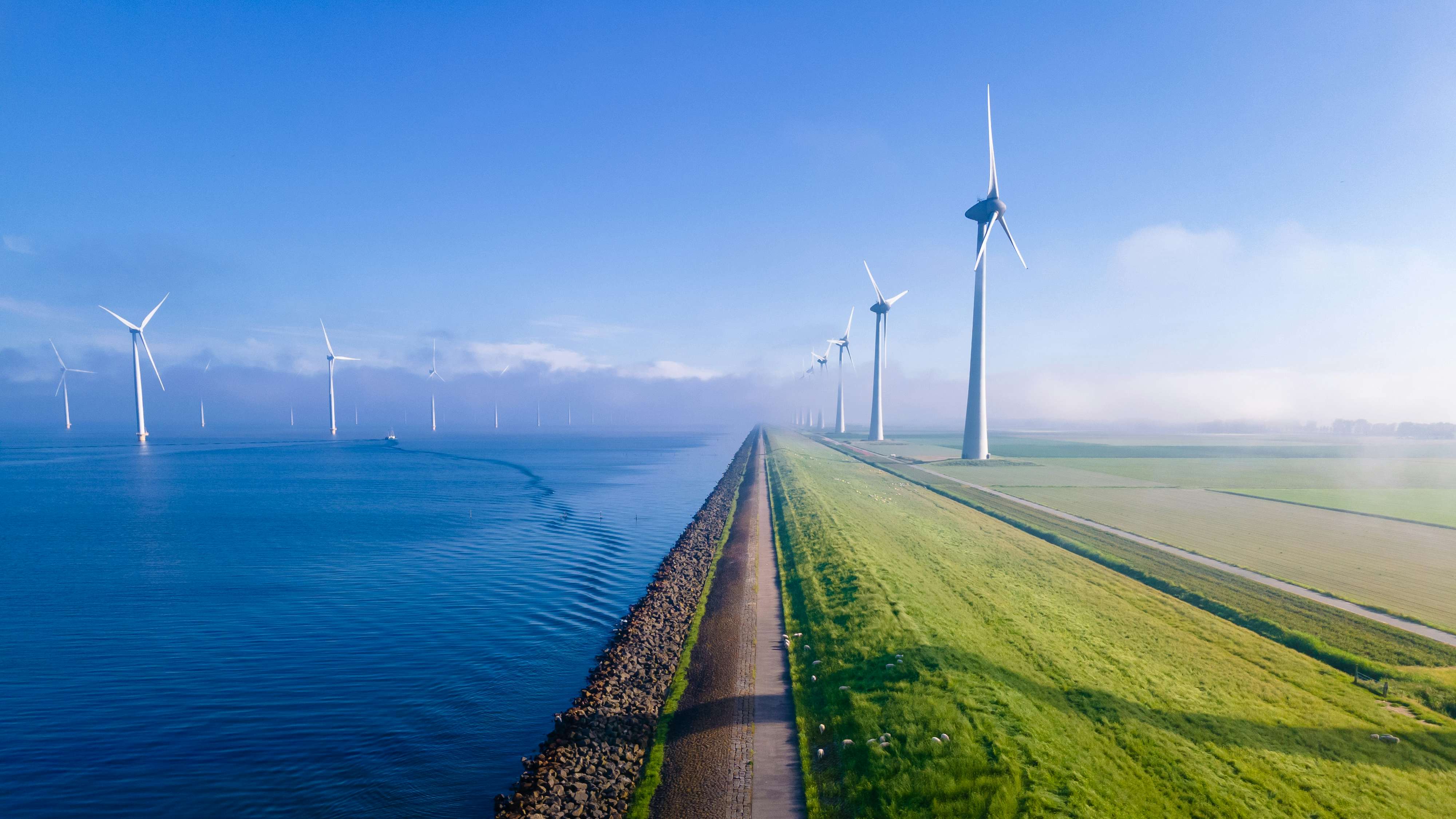Jet card inventor Sentient Jet updated its emissions-neutral sustainability efforts which offset 300% of carbon emissions.

Sentient Jet has offset over 1,339,235 metric tons of CO2 since it launched its emissions-neutral sustainability program in 2021.
The company offsets 300% of each flight’s CO2 emissions to cover non-carbon emissions contributing to warming.
That includes water vapor, aerosols, and nitrous oxide.
The offsets are part of its pricing.
Nearly one-third (30.9%) of Private Jet Card Comparisons subscribers say sustainability programs will be important the next time they select a flight provider.
However, over 75% want the cost included in its base price.
“For 25 years, Sentient Jet has led innovation in the private aviation industry, looking for new ways to provide a frictionless experience for its card owners from pre-booking to post-flight,” said Andrew Collins, Co-CEO of Flexjet, Inc., Sentient Jet’s parent company.”
Collins added, “Sustainability is a priority across all industries, and the private aviation industry has a clear role to play in the conversation. Consistent with our history as industry innovators, we saw an opportunity to lead growth in this category and continue to be the most thoughtful way to fly.”
Since last April, Sentient has included individual calculations of offsets, allowing individuals and companies to track their emissions levels directly on invoices and its app.
Via 4Air, the jet card inventor has contributed funds to wind power projects in the United States and South America and to renewable energy projects in Turkey and India.
This year, the unit of Flexjet, Inc. is also supporting projects to protect the bonobo and forest elephant habitats in the world’s second-largest intact rainforest in the Democratic Republic of Congo.
It also supports a steel waste energy recovery co-generation project in South Korea that will utilize surplus waste gasses produced by steel to generate electricity.
Other projects include installing efficient cookstoves in Malawi and sequestering CO2 through forestry projects in its home state of Massachusetts to protect their combined 17,000 acres of public forest, up by nearly 50% since last year.
It has also committed to maintaining forest CO2 stocks above regional standard practices as part of the Doe Mountain Forestry Project, located on over 8,600 acres of forestland in the Blue Ridge Mountains of eastern Tennessee.